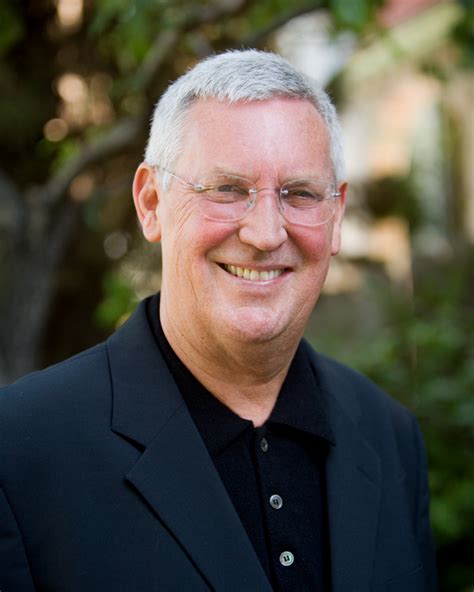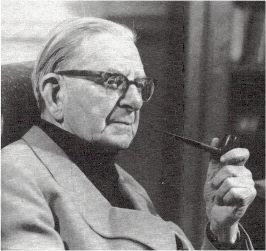A Quote by Sam Ewing
If you believe the past can't be changed, you haven't read a celebrity's autobiography.
Quote Topics
Related Quotes
Celebrity poverty, that's the hidden scandal in Blair's Britain. You can't help but worry for them. A girl I knew developed X-ray eyes for celebrity sorrows. She taught me to read the subtext of the down-market celebrity interview, she knew all the Hollywood codes, and followed the deep backgrounds.
to look back on one's life is to experience the capriciousness of memory. ... the past is not static. It can be relived only in memory, and memory is a device for forgetting as well as remembering. It, too, is not immutable. It rediscovers, reinvents, reorganizes. Like a passage of prose it can be revised and repunctuated. To that extent, every autobiography is a work of fiction and every work of fiction an autobiography.
I don't think you can take a whole genre of very popular books and say, "This is all trash!" When we read a memoir that isn't by a celebrity, we feel like we're about to go on a journey and we don't know where the journey will lead. But when we read a memoir by a celebrity we feel like we already know the journey and we just want to travel it.






































